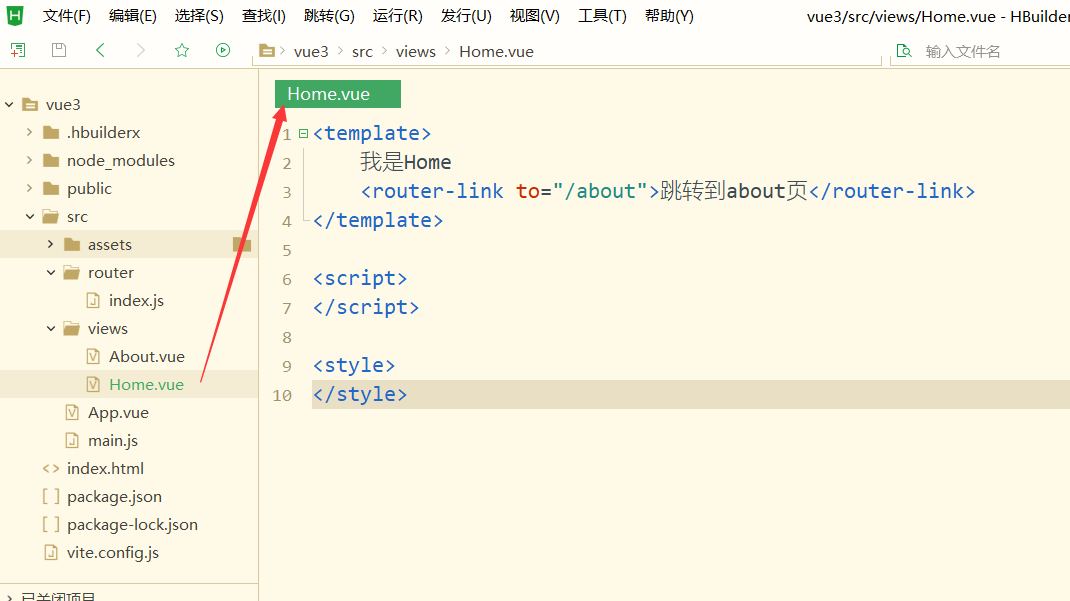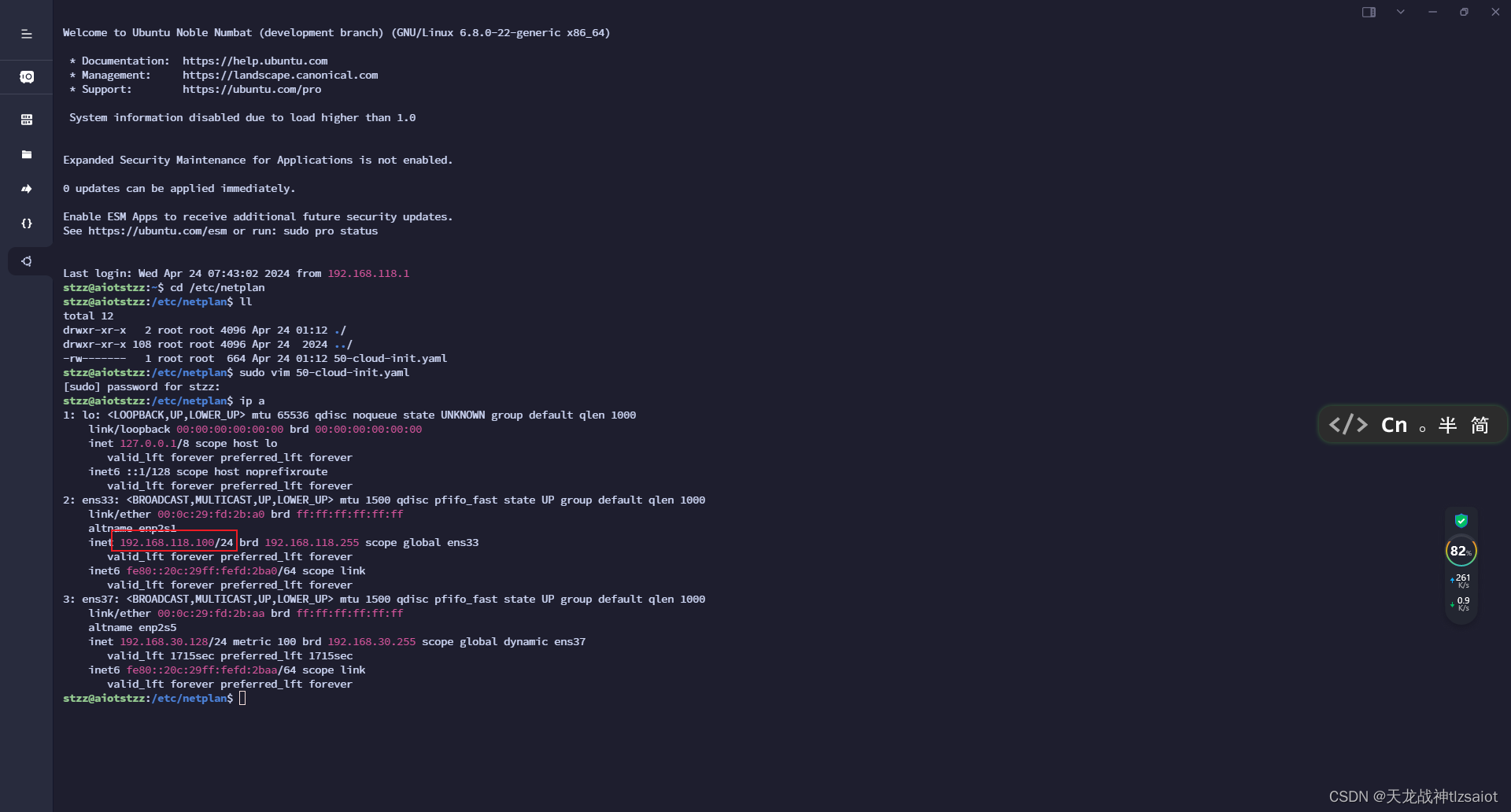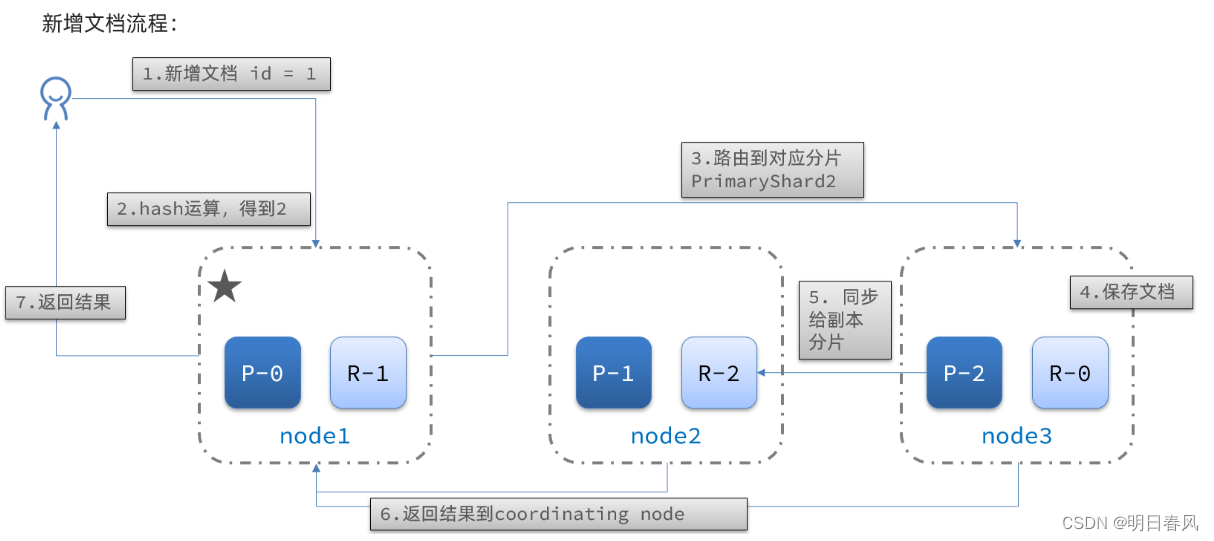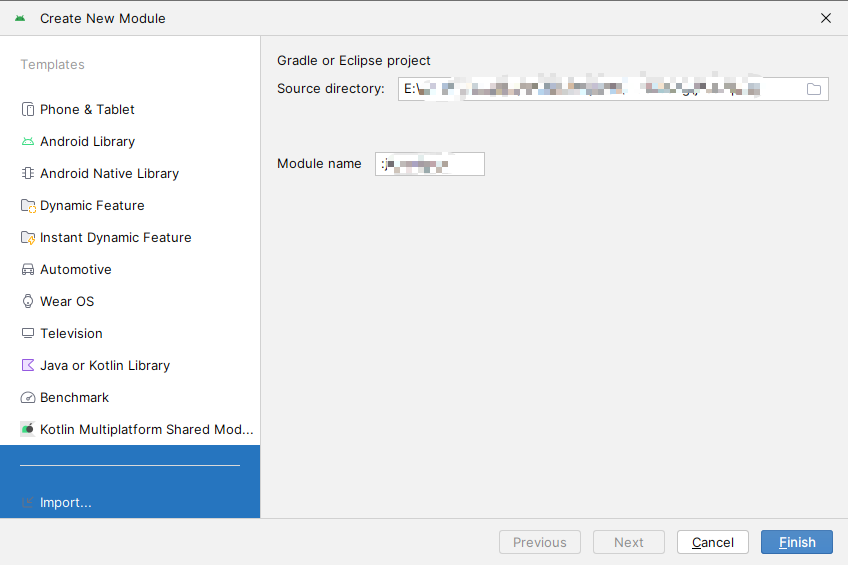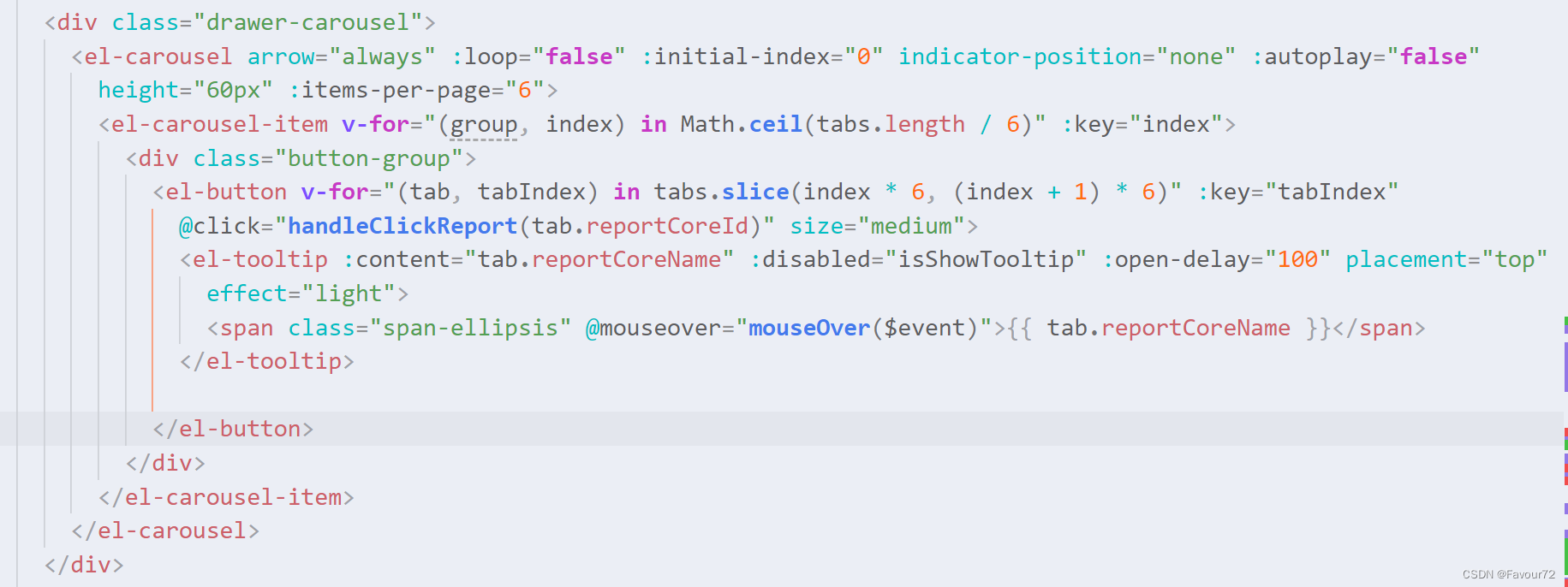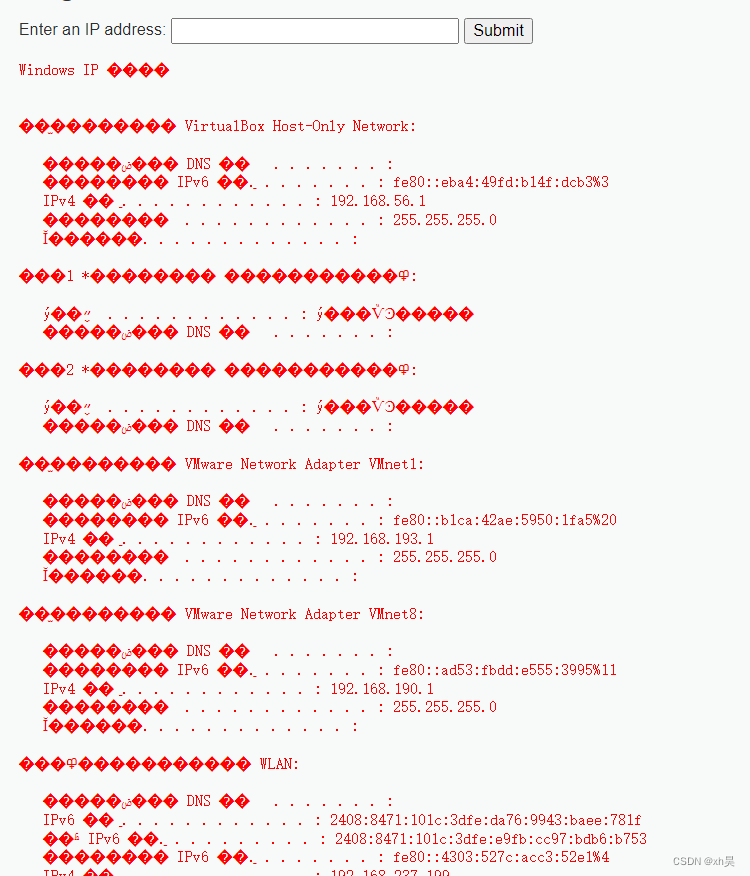方案一
拆分为string类型
| key | value |
| id:0 | value0 |
| ..... | ..... |
| id:999999 | value999999 |
存在的问题:
- string结构底层没有太多内存优化,内存占用较多

- 想要批量获取这些数据比较麻烦
方案二
拆分为小的hash,将 id / 100 作为key, 将id % 100 作为field,这样每100个元素为一个Hash
| key | field | value |
| key:0 | id:00 | value0 |
| ..... | ..... | |
| id:99 | value99 | |
| key:1 | id:00 | value100 |
| ..... | ..... | |
| id:99 | value199 | |
| .... | ||
| key:9999 | id:00 | value999900 |
| ..... | ..... | |
| id:99 | value999999 | |

package com.heima.test;import com.heima.jedis.util.JedisConnectionFactory;
import org.junit.jupiter.api.AfterEach;
import org.junit.jupiter.api.BeforeEach;
import org.junit.jupiter.api.Test;
import redis.clients.jedis.Jedis;
import redis.clients.jedis.Pipeline;
import redis.clients.jedis.ScanResult;import java.util.HashMap;
import java.util.List;
import java.util.Map;public class JedisTest {private Jedis jedis;@BeforeEachvoid setUp() {// 1.建立连接// jedis = new Jedis("192.168.150.101", 6379);jedis = JedisConnectionFactory.getJedis();// 2.设置密码jedis.auth("123321");// 3.选择库jedis.select(0);}@Testvoid testSetBigKey() {Map<String, String> map = new HashMap<>();for (int i = 1; i <= 650; i++) {map.put("hello_" + i, "world!");}jedis.hmset("m2", map);}@Testvoid testBigHash() {Map<String, String> map = new HashMap<>();for (int i = 1; i <= 100000; i++) {map.put("key_" + i, "value_" + i);}jedis.hmset("test:big:hash", map);}@Testvoid testBigString() {for (int i = 1; i <= 100000; i++) {jedis.set("test:str:key_" + i, "value_" + i);}}@Testvoid testSmallHash() {int hashSize = 100;Map<String, String> map = new HashMap<>(hashSize);for (int i = 1; i <= 100000; i++) {int k = (i - 1) / hashSize;int v = i % hashSize;map.put("key_" + v, "value_" + v);if (v == 0) {jedis.hmset("test:small:hash_" + k, map);}}}@AfterEachvoid tearDown() {if (jedis != null) {jedis.close();}}
}
